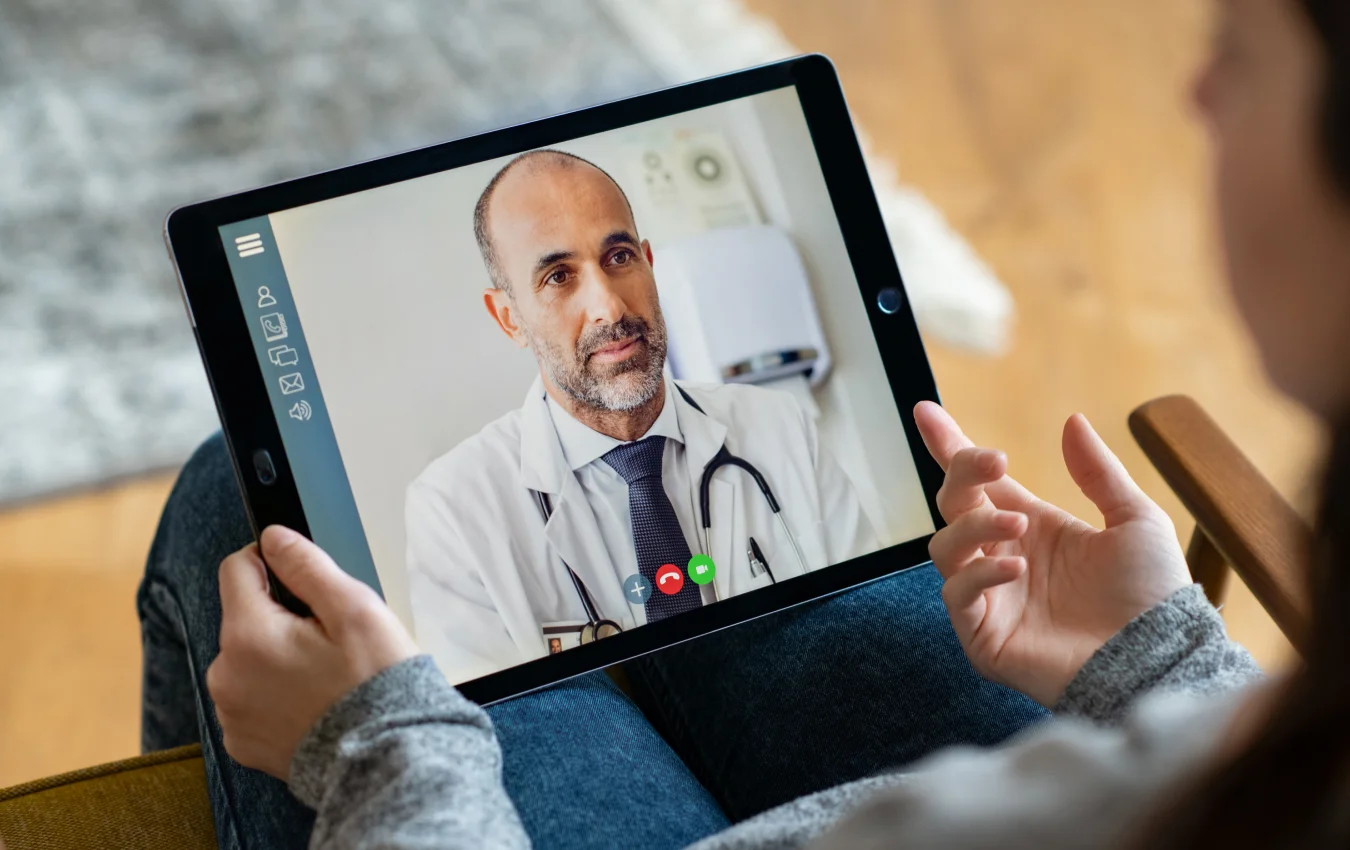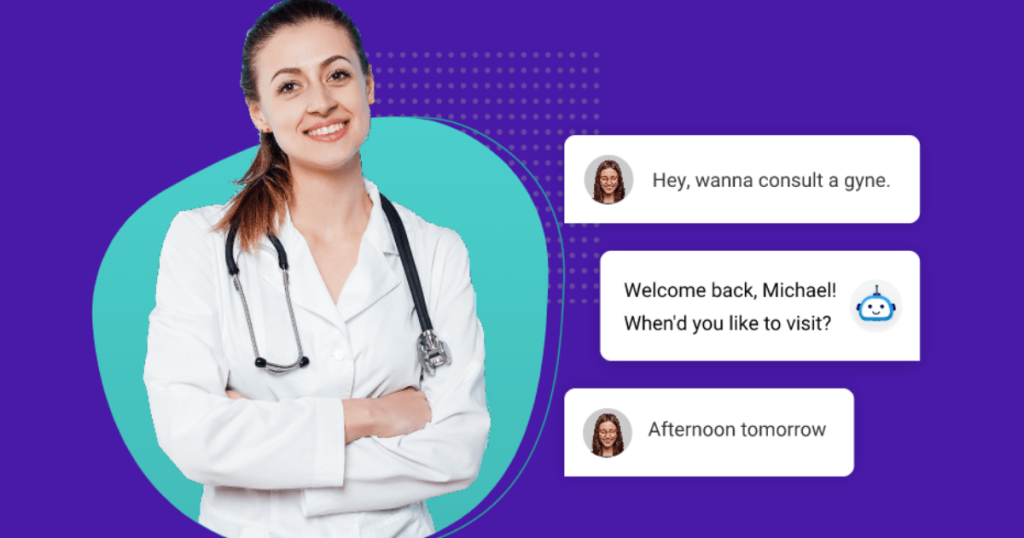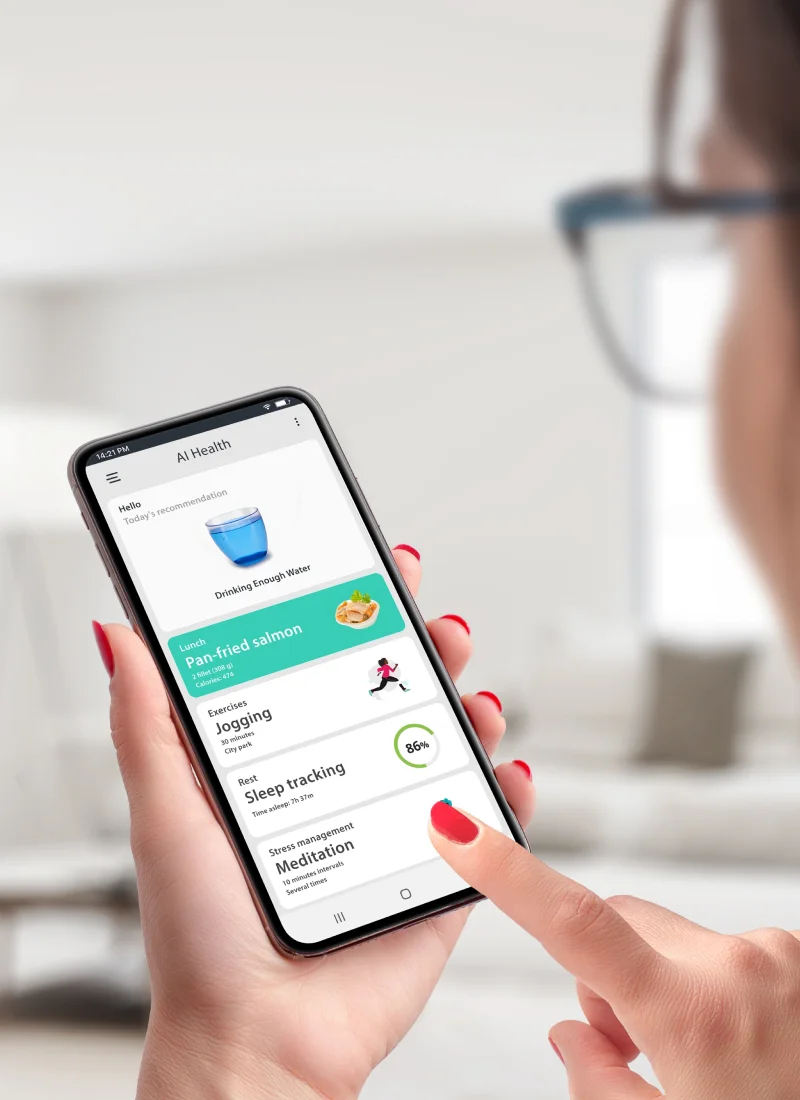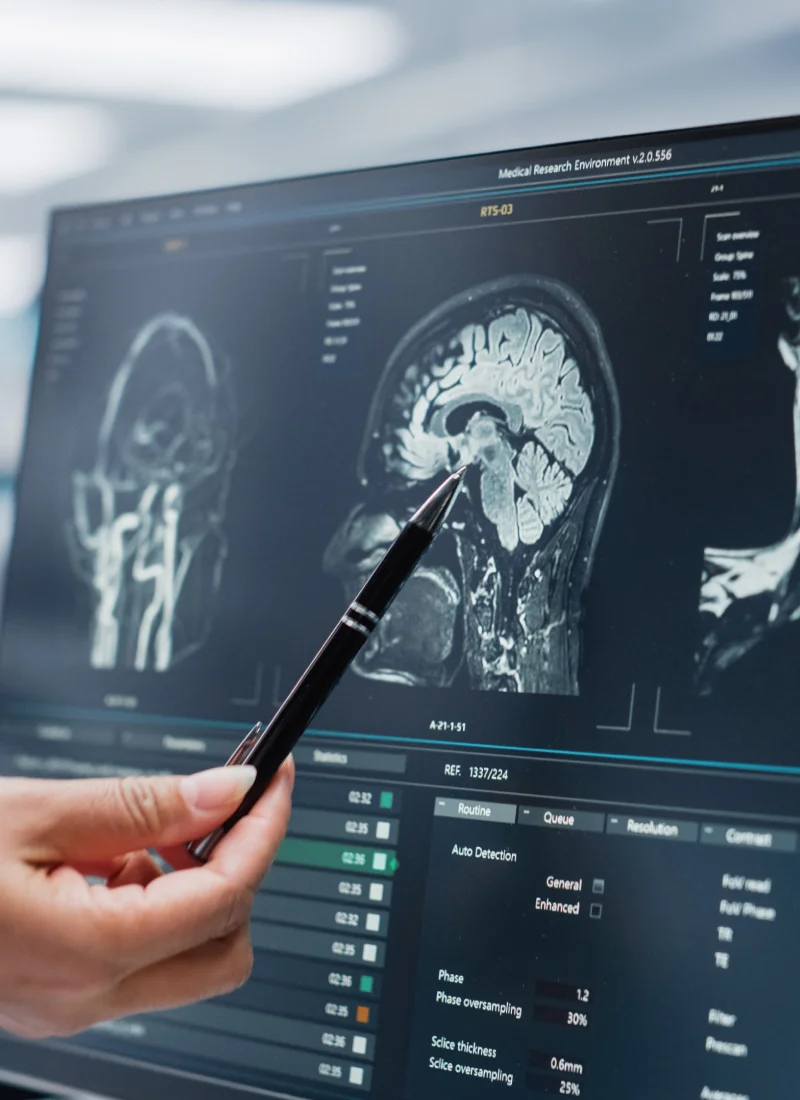Convenient accessibility to healthcare, a global priority for patients, is now at the forefront of the Healthcare Industry’s agenda.
The industry is embracing various technologies and tools to enrich patient care, facilitate intricate medical processes, and foster effective communication among healthcare professionals (HCPs).
One significant shift in such a scenario is the adoption of live chat tailored specifically for doctors and other healthcare providers (HCPs). These real-time chats in healthcare can be a bridge between HCPs; they allow them to communicate effortlessly regardless of their physical location.
It assists with instant messaging, video conferencing, file sharing, and secure data exchange and is tailored to meet the unique needs and regulations of the healthcare industry.
Whether it’s a quick clinical query, collaboration on patient cases, or continuing medical education, live chat solutions provide a versatile platform for HCPs and doctors to interact efficiently.
Do you need more in-depth knowledge of this? Stay in touch to learn more exciting things about live chat support.
Is There a Need for Digital Communication in Healthcare?
Generally, Doctors and HCPs were utterly dependent on person-to-person interaction, long phone call discussions, and descriptive emails. Such a method often faced many challenges, including delayed responses, hurdles in coordinating schedules, and limited multimedia shareability like images and videos.
Moreover, digital communication in the healthcare sector emerged as a heroic tool during the pandemic. At the same time, the need for social distancing was crucial, and the demand for digital communication observed a significant surge in usage.
Phone Support Vs. Live Chat: What’s Perfect for Doctors and HCPs?
Opting for the perfect phone and live chat support is no longer a difficult task; according to the data, HCPs and doctors initiate 30% of conversations with field teams through compliant live chat. These compliant chats are often sent at the moment of need and receive a rapid response from field teams in less than five minutes.
Its choice also depends on various factors, including communication preferences, efficiency, privacy concerns, and technological capabilities.
1. Communication Preferences
Certain doctors and healthcare professionals (HCPs) might prefer telephone support because of its speed and ability to convey emotions and tone energetically. Some may prefer live chat because of its simplicity, particularly if multitasking is problematic while communicating.
2. Efficiency
Phone support often allows for quicker resolution of queries or issues since it enables real-time conversation. However, live chat can also be efficient if implemented well, offering immediate responses and the ability to handle multiple conversations simultaneously.
3. Privacy Concerns
Healthcare professionals handle sensitive information, so security and privacy are essential. Both live and telephone chat should ensure compliance with applicable privacy laws, such as HIPAA, in the United States. Ensuring encryption from end-to-end and secure storage of data is crucial regardless of the channel chosen.
4. Technological Capabilities
The choice between phone support and live chat may also depend on the technological infrastructure available to the doctors and HCPs. For instance, if they have reliable internet access and appropriate software, live chat can be a viable option. Conversely, phone support might be more practical if internet connectivity is unreliable.
5. Documentation and Follow-up
Both phone support and live chat should offer options for documentation and follow-up. With phone support, this may involve recording calls and documenting conversations in patient records. Live chat systems should allow for transcripts to be saved and integrated into patient files.
6. Accessibility
Consider the accessibility needs of both doctors/HCPs and patients. Some individuals may prefer one communication channel over the other due to disabilities or other accessibility concerns. Providing options for both phone support and live chat ensures inclusivity.

Meaningful Things to Consider Before Having Live Chat For Doctors and HCPs
The live chat for healthcare purposes involves careful things to ensure, before its implementation, complete effectiveness and compliance with regulations.
- Ensure the live chat system you choose complies with HIPAA to safeguard patient privacy and security.
- Take secure security measures that protect sensitive patient information transmitted in live chats.
- Securely authenticate users to confirm the identity of doctors and HCPs together in this live chat system.
- Conduct a comprehensive course for physicians and HCPs on using live chat, including patient interactions and security guidelines for data.
- Know and follow the ethical and legal considerations regarding online consultations, prescribing practices, and the confidentiality of patient information.
- Define the types of services offered through live chat, including what kind of medical advice or prescriptions may be provided and any limitations.
- Set guidelines for response times to ensure prompt communication between HCPs/doctors and patients.
- Create a clear process for escalating situations requiring urgent attention, ensuring live chat support helps manage emergencies effectively.
How Does Live Chat Improve Communication Among Doctors/HCPs?
Live chat enhances communication by creating a direct, secure, and rapid communication channel that connects doctors/HCPs with each other. This not only enhances their collaboration but also helps them share patient-related information efficiently.
The benefits of live chat for doctors/HCPs include:
- Instant communication and immediate response times for resolving issues.
- Improved collaboration by enabling HCPs to quickly exchange critical patient data and medical advice.
- Enhanced knowledge sharing, allowing doctors to collaborate on complex patient cases and exchange treatment strategies.
- Better documentation and record-keeping, as live chats can be saved, offering a detailed and easily accessible history of communication.
- Increased productivity, as live chat systems streamline communication without the constraints of phone calls or physical meetings.
- Support for multi-tasking, enabling doctors/HCPs to handle multiple discussions at once without losing focus on key issues.
Conclusion
In conclusion, integrating live chat solutions into healthcare systems offers numerous advantages, such as enhanced communication, collaboration, and efficiency for doctors and HCPs. As the healthcare sector continues to embrace digital transformation, live chat is a powerful tool that streamlines communication processes and improves patient care.
By considering the key factors such as privacy, security, and compliance, healthcare providers can harness the benefits of live chat while ensuring that patient confidentiality and regulatory requirements are maintained.
With the growing demand for digital communication in healthcare, live chat for doctors and HCPs is poised to play an increasingly important role in improving the quality of care and the overall healthcare experience.





